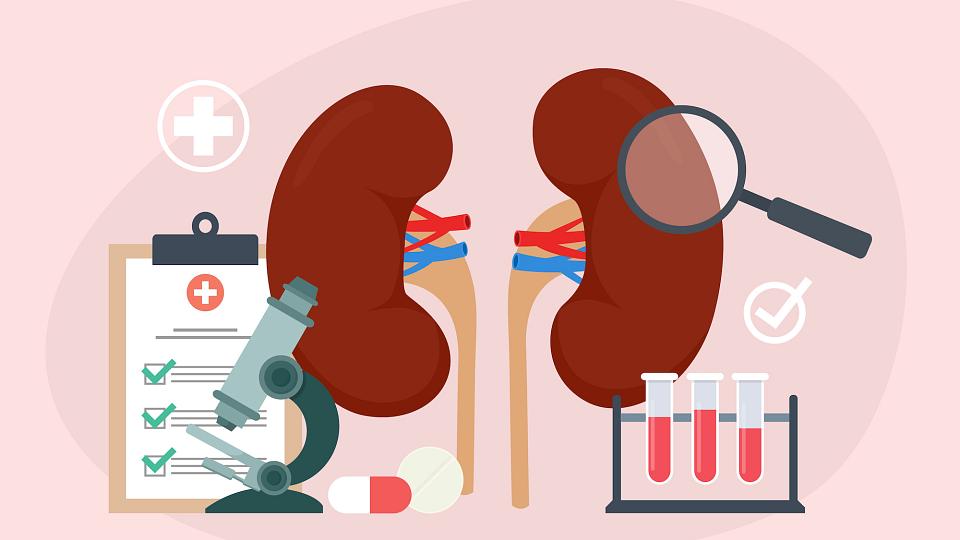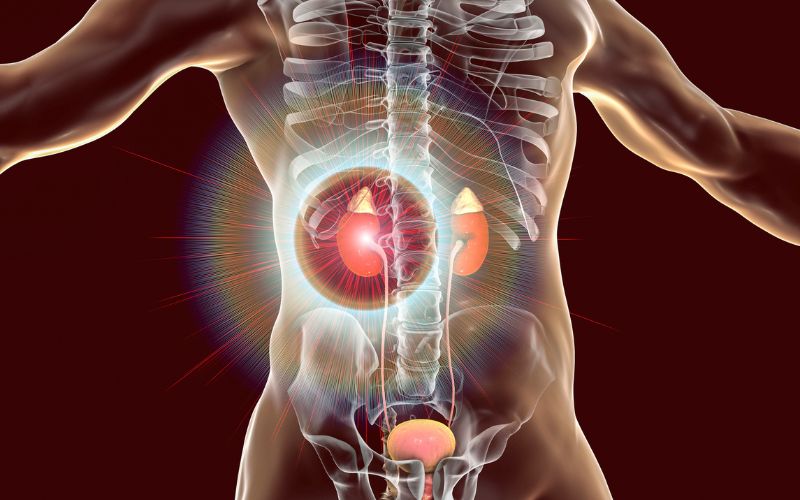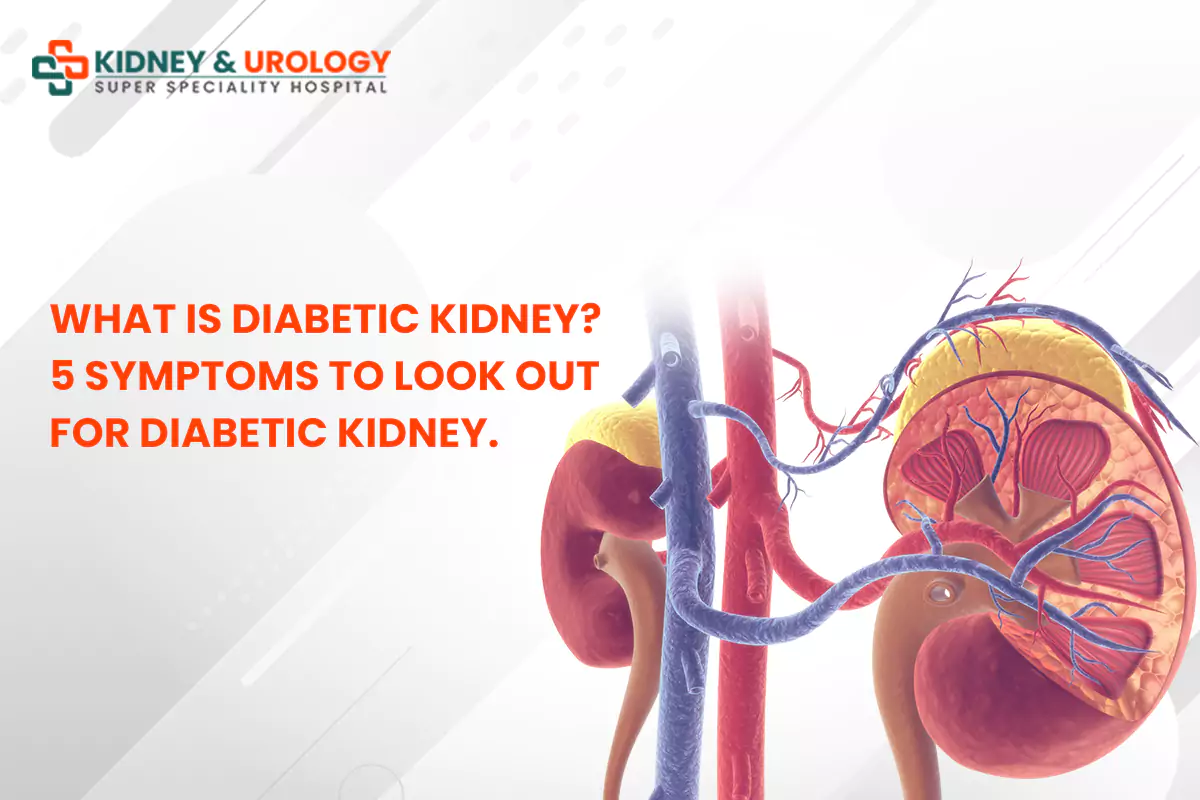Paediatric Nephrology in Haryana, Caring Kids' Kidney Health
Paediatric nephrology is a field of medicine that deal with the diagnosis, treatment, and care of kidney disease in children. Because healthy kidneys is vital for healthy body and well-being, it is critical to treat all kidney-related problems in children. The article aims to provide a complete overview of paediatric nephrology, highlighting prevalent kidney disorders, diagnostic procedures, treatment options, and the need of early intervention in protecting children's kidney health.
Understanding Paediatric Nephrology and Children's Kidney Health
Paediatric nephrology is a subset in the field of paediatrics that focuses on kidney disorders in children, from infants to teenagers. The kidneys are responsible for filtering body waste and excess fluid from the blood, maintaining a balance of electrolyte, and regulating blood pressure. When kidney is not functioning well in children, it leads to various health issues and impact growth and development.
Common Kidney Conditions in Children
Several kidney conditions affect children, and paediatric nephrologists are trained to diagnose and manage these conditions effectively. Common kidney disorders in children are listed below:
-
Urinary Tract Infections (UTIs): UTIs are bacterial infections occuring in the urinary system, which affects the kidneys if left untreated.
-
Glomerulonephritis: This condition involves inflammation of the glomeruli, the tiny filtering units within the kidneys, leading to impaired kidney function.
-
Nephrotic Syndrome: Characterized by excessive protein loss through urine, nephrotic syndrome can cause swelling, low blood protein levels, and high cholesterol.
-
Congenital Anomalies of the Kidney and Urinary Tract (CAKUT): These are structural abnormalities present at birth that affect the kidneys and urinary system.
-
Kidney Stones: Although less common in children, kidney stones can cause severe pain and discomfort.
Diagnosis and Diagnostic Methods
Diagnosing kidney conditions in children requires a multi-faceted approach. Paediatric nephrologists employ the following diagnostic methods mentioned below:
-
Medical History and Physical Examination: Gathering information about the child's symptoms, medical history, and conducting a thorough physical examination provides valuable insights.
-
Blood and Urine Tests: These tests help evaluate kidney function, detect abnormalities, and identify any signs of infection or inflammation.
-
Imaging Studies: Ultrasounds, X-rays, or CT scans may be used to visualize the kidneys and identify any structural abnormalities or obstructions.
-
Biopsy: In certain cases, a kidney biopsy may be necessary to obtain a tissue sample for analysis, aiding in the diagnosis and treatment planning.
Children's Kidney Problems Treatment Options in Haryana
Treatment for kidney conditions in children depends on the specific diagnosis and severity of the condition. Best Pediatric nephrologists develop treatment plans with minimum risk and high success rates. Some treatment options and management strategies are mentioned below:
-
Medications: Medications prescribed to manage symptoms and control the underlying disease process based on how the patient is doing.
-
Dietary Modifications: Dietary changes, like reducing sodium intake or increasing fluid consumption, are recommended to support overall kidney health.
-
Dialysis: When kidney function is severely impaired, dialysis may be necessary to remove waste products and maintain fluid and electrolyte balance artificially.
-
Kidney Transplantation: For children with end-stage kidney disease, kidney transplantation offers the possibility of long-term renal function restoration.
The Importance of Early Intervention
Early intervention in paediatric nephrology is crucial for successful outcomes. Timely diagnosis and treatment can prevent or minimize the long-term complications associated with kidney diseases in children. Regular check-ups and screenings play a vital role in identifying any kidney-related abnormalities early on, enabling prompt intervention and effective management.
Always take precautions, try to keep your kid’s kidneys healthy. Visit a top pediatric Nephrology doctor in Haryana now to have a checkup of your kid at best Kidney hospital in Haryana
Conclusion
Paediatric nephrology plays a pivotal role in safeguarding children's kidney health. By understanding common kidney conditions in children, diagnosing through various methods, and implementing appropriate treatment options, paediatric nephrologists ensure optimal outcomes for young patients. Early intervention and continuous care are essential in promoting kidney health and allowing children to thrive, leading healthy and fulfilling lives.














Request A Callback